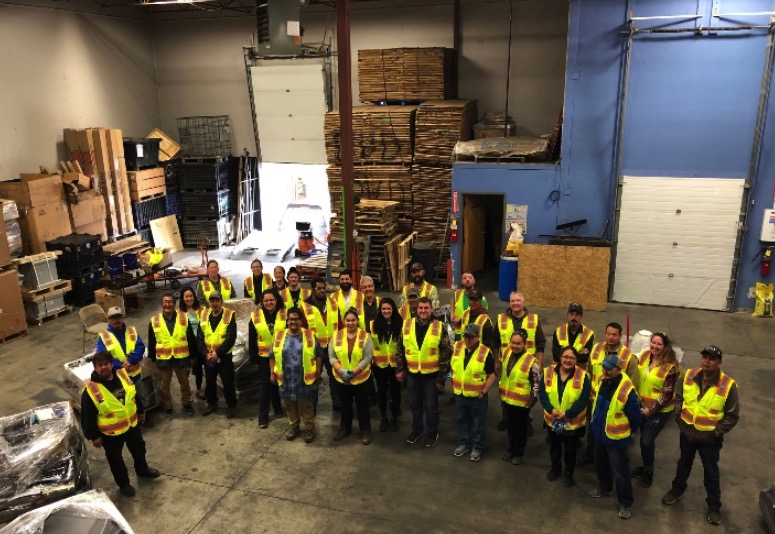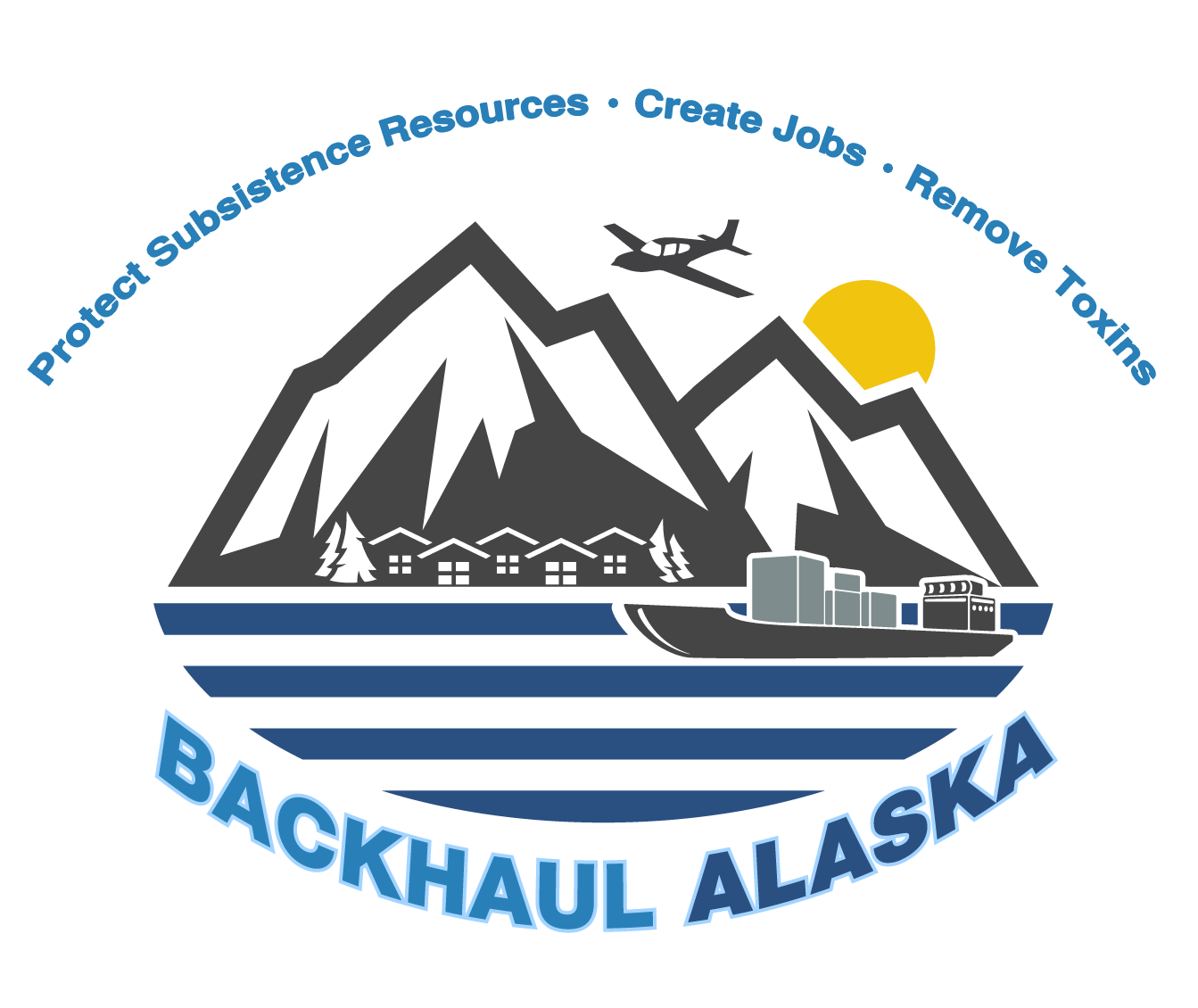Training Resources and Schedule
Backhaul Alaska trainings are carried out throughout the year. A variety of trainings are offered, including 4-day “full” boot camp offerings that satisfy all Community Backhaul Team training requirements, as well as 2- and 3-day trainings that satisfy some of the requirements. They are held in Anchorage and in regional hubs throughout the state.
Trainings are open to any individual sent by their tribe or city, who is, or will be, responsible for backhauling community hazardous wastes. Where indicated, priority is given to Backhaul Team staff from enrolled Pilot Program communities.
The Backhaul Alaska Training Program

A key element of the Backhaul Alaska program is the required comprehensive Uniform Backhaul Training that must be taken by anyone in the program. Anyone that is preparing and packaging materials through the program, must have Certified Signer status which is given after full completion of the Uniform Backhaul Training.
A “full” Backhaul Alaska training is taught over 4 days. It follows a curriculum that was developed by an expert group of transporters and recyclers involved in backhaul in Alaska. The curriculum is also approved by US Department of Transportation. University of Alaska, Fairbanks credits are also given upon completion.
Included within the full trainings is OSHA 10 hr Construction Safety certification, and DOT HMR General Awareness, Function Specific, and Safety Training. Trainees complete DOT Security Awareness online and submit their certification to the Program prior to beginning backhaul activities. In addition to classroom work that covers such topics as recordkeeping, loading, required forms, and management of a community collection point, two afternoons are devoted to function specific training and testing (packaging requirements for lead acid batteries, electronic waste, and fluorescent lights.
Additional topics covered include:
- Markings and Labels
- Placards
- Shipping Papers
- Segregation
- Storage
- Requirements for Incident Reporting
- Loading
- PPE
- Lifting Safety
- Mercury and Battery Spills
- And more…
